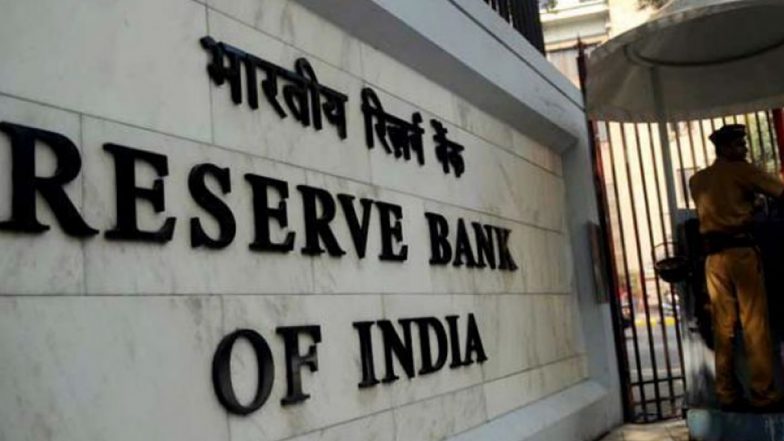Singapore, a prosperous financial center, has good relations with Beijing and the West, and tech firms have seen this as a safe bet to scale up their operations.
(For a quick snapshot of the top 5 tech stories, subscribe to our today’s Cash Newsletter. Click here to subscribe for free.)
Chinese tech giants are expanding in Singapore as they face a crack at home and increasing pressure in other major markets – but they may struggle to find talent in the city-state.
Messaging-and-gaming behemoth Tencent is opening a hub and TikTok owner ByteDance is in a hiring spree after setting up a regional headquarters, while e-commerce giant Alibaba is investing in property and recruitment.
Tech firms are focusing their attention on accelerating Southeast Asian markets as executives tighten screws at home amid concerns about the increasing power of the platforms.
Regulators have prepared for an attack in the region, with many companies being heavily fined, and threatening to slice large companies, whose reach is now deep into the daily lives of ordinary Chinese.
Meanwhile, tense festivals between Washington and Beijing following the attack on Chinese tech titans during Donald Trump’s presidency make the United States an ugly prospect, and problems abound elsewhere.
Also read Bytdance says that India’s freeze on bank accounts is oppression
“Chinese tech companies are facing regulatory pressures and sanctions from governments in other countries, notably the US, but also other countries, such as India,” said Rajiv Biswas, chief economist at Asia Pacific, IHS Market.
India has banned Chinese apps since the border clashes last year, while the European Union and other Western powers recently banned the treatment of China’s Muslim Uyghur minority, indicating retaliatory sanctions.
But Singapore, a prosperous financial center, has good relations with Beijing and the West, and tech firms have seen it as a safe bet to expand their operations.
“Singapore is considered a more neutral country” in the current climate of geopolitical uncertainty, Chen Guoli, professor of strategy at the Singapore campus of the business school INSEAD, told AFP.
Surrogate mother
In addition, the long-running turmoil in traditional rival Hong Kong has reduced its appeal, although observers have emphasized other factors may be more significant.
The influx of Chinese cash would be welcomed in Singapore, whose economy has been controlled by coronoviruses and which seeks to develop itself as a technology hub.
Also read Chinese app against western fashion brands over Xinjiang join celebs in backlash
It is already home to major offices such as US Tech, Facebook, Google and Twitter, while ByteDance recently relocated to larger offices in the Financial District, and launched a rental drive.
Ajay Thaluri, an analyst at data and analytics firm GlobalData, said that between September and February, one-third of ByteDance’s postings were in Singapore, more than double the advertisements placed in China, with a focus on hiring specialized engineers Was.
Meanwhile, Alibaba bought a 50 percent stake in an office tower last year, where its e-commerce unit Lazada is the main tenant, while its affiliate, fintech giant Ant Group, won a license to operate a wholesale digital bank in the city-state .
Thallery said that Alibaba is “building teams in Singapore with significant acquisitions and mid-level job postings related to talent acquisition, product management and legal compliance.”
The e-commerce firm, co-founded by Jack Ma, has come under fierce pressure in China, with officials pulling the plug on Ant’s record initial public offering in November.
Talent shortage
Bytdance and Tencent, which announced their Singapore expansion plans in September, say they are primarily focused on growing their businesses in Southeast Asia, a booming region of 650 million, rather than elsewhere. Avoid stress.
Analysts said that by registering its presence in Singapore, tech giants are hedging their bets as the West hit the new nadir.
Also read China’s Tencent faces concessions to win green light for giant videogame merger
Chen of INSEAD stated that Chinese companies need a “Plan B” in the event of their global and Chinese operations being separated, in which case Singapore could become their international hub.
However, a major challenge to expand in the city with a population of only 5.7 million is to recruit workers with the right skills.
Daljit Sall, senior director of information technology at the Singapore office of global recruitment firm Randstad, said, “Technology is developing and accelerating at a pace that has far exceeded the supply of talent needed.”
Singapore is trying to attract foreign talent, although it may cause uneasiness in a country that already has concerns about a large foreign population, while schools are offering courses to prepare young people for technical jobs Huh.
Nevertheless, “there still remains an urgent need to fill these skill gaps”, Sall said.
.

